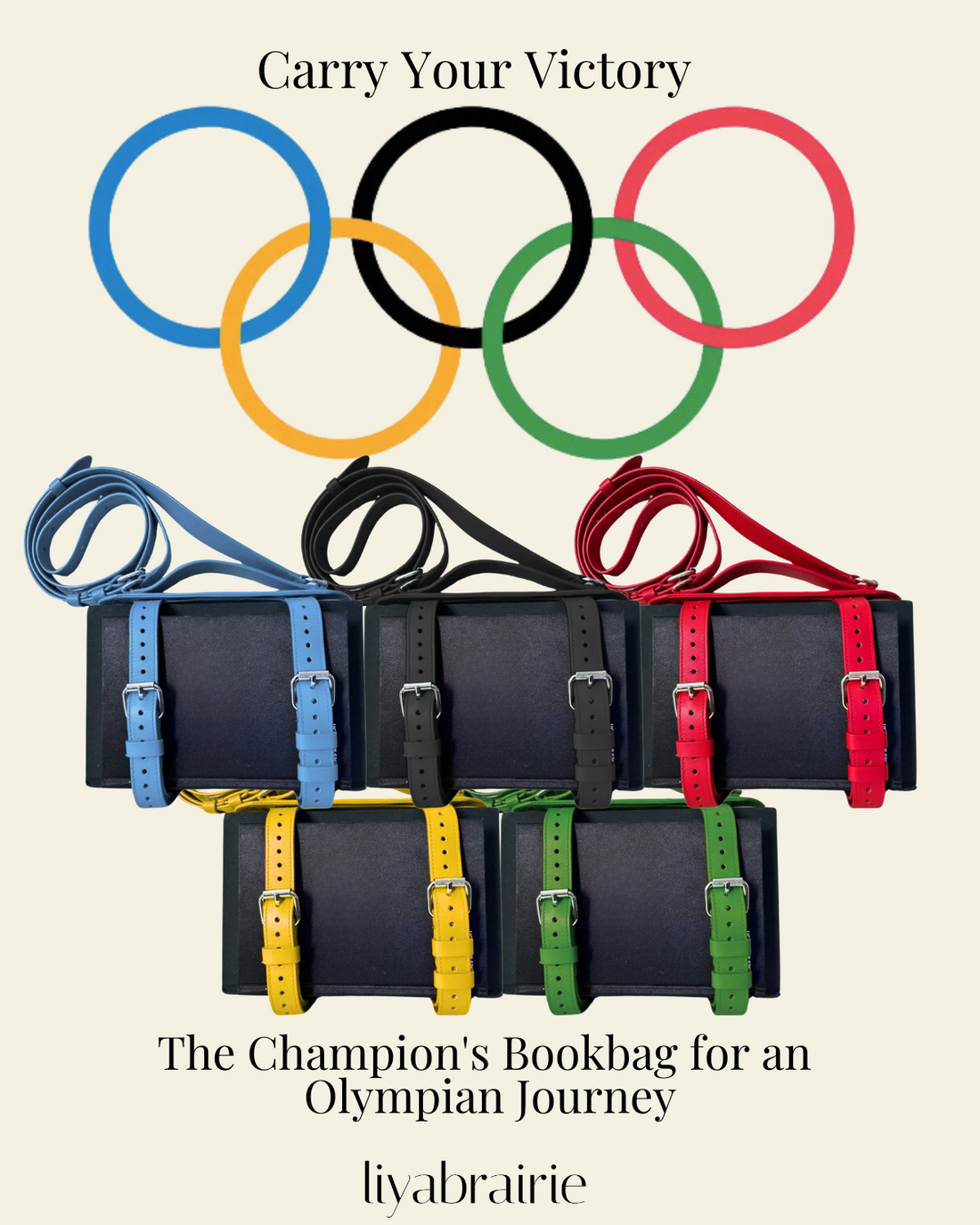
Carry your victory: a brief history of the olympic games
Share
Paris is abuzz with so much Olympic excitement! It made me think of the origins of the game and how i needed a little refresh on how they came to be. So i dove online and i am sharing my finds with you!
The Olympic Games have a history as vibrant as the events themselves. They began in ancient Greece around 776 BC in Olympia, a sanctuary site for the Greek gods. These ancient games were held in honor of Zeus and featured events like foot races, wrestling, and chariot racing. The athletes competed not for medals, but for olive wreaths, fame, and glory.
However, after nearly 12 centuries, the Roman Emperor Theodosius I banned the games in 393 AD, deeming them a pagan ritual. The Olympics then faded into obscurity for over 1,500 years.
Fast forward to the late 19th century, when Frenchman Pierre de Coubertin dreamed of reviving the Olympic spirit. In 1896, his dream came true with the first modern Olympic Games in Athens, Greece. This time, athletes from 13 countries competed in a variety of sports, including track and field, gymnastics, and swimming.
The Olympics have since grown into a global phenomenon, with athletes from around the world striving for gold in both summer and winter games. Over the years, the games have seen many memorable moments: Jesse Owens' four gold medals in 1936, the first Paralympic Games in 1960, the Miracle on Ice in 1980, and Usain Bolt’s lightning-fast sprints, just to name a few.
Today, the Olympics continue to embody a spirit of international competition, unity, and sportsmanship, uniting the world every two years with a dazzling display of athletic prowess and cultural exchange.
Pierre de Coubertin:
Baron Pierre de Coubertin (1863–1937) was a French educator, historian, and the founder of the modern Olympic Games. Born into an aristocratic family in Paris, Coubertin was deeply influenced by the educational ideas of the time, particularly the role of sports in education.
Coubertin was passionate about promoting physical education and believed that sports could play a vital role in building character and fostering international peace. He was particularly inspired by the British educational system and the role of athletics in schools like Rugby and Eton. This inspiration led him to envision a revival of the ancient Olympic Games, which he saw as a way to promote global unity through friendly competition.
In 1894, Coubertin organized a congress in Paris to discuss his idea of reviving the Olympics, which led to the founding of the International Olympic Committee (IOC). Two years later, in 1896, the first modern Olympic Games were held in Athens, Greece, marking the beginning of a tradition that has continued to this day.
Coubertin served as the President of the IOC from 1896 to 1925, during which he played a crucial role in shaping the Olympic movement. He introduced the Olympic motto "Citius, Altius, Fortius" (Faster, Higher, Stronger) and designed the iconic Olympic rings to symbolize the unity of the world's continents.
Beyond his work with the Olympics, Coubertin was also an accomplished writer and thinker, publishing numerous works on education, sports, and history. Despite facing challenges, including financial difficulties and initial resistance to his ideas, Coubertin’s vision endured and left a lasting legacy on the world of sports.
Baron Pierre de Coubertin passed away in 1937, but his legacy lives on every time the Olympic flame is lit and athletes from around the world come together to compete in the spirit of excellence and camaraderie.
